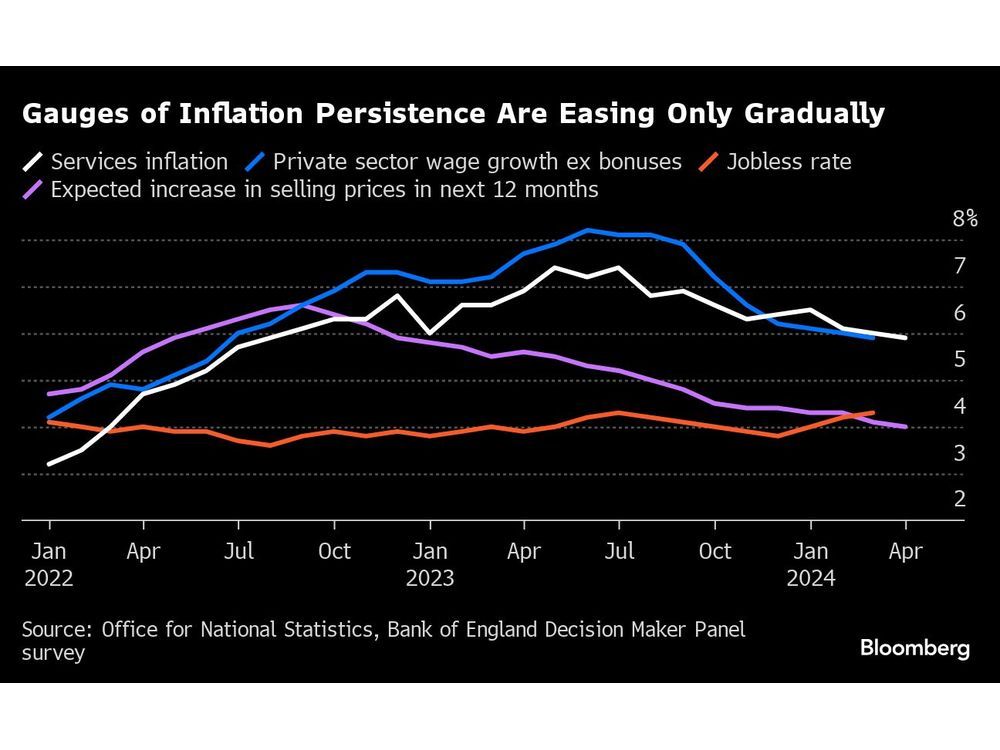Follow us on LinkedIn
Debt distress refers to a country or a government entity’s inability to repay its debt obligations. This may be due to many factors, including economic recession, political instability, or poor fiscal management. A country in debt distress is typically unable to borrow new funds and may be forced to default on its debt payments.
Debt distress can have serious economic consequences for both the debtor country and its creditors. Defaulting on debt payments can lead to a loss of confidence in the debtor country’s economy and may trigger a financial crisis. Creditors may also suffer economic losses, as they may be unable to recoup their investment.
What is debt distress
Debt distress is a situation in which a government is unable to repay its debts. It is usually caused by a combination of factors, such as high-interest rates, low economic growth, and high levels of corruption.
In some cases, debt distress can lead to a country defaulting on its debts, which can have serious consequences for the economy and the people of that country.
How to measure debt distress
There are several ways to measure debt distress, but one of the most commonly used is the debt-to-GDP ratio. This measures the amount of a country’s debt as a proportion of its GDP and is often used as an indicator of a country’s ability to repay its debts.
A high debt-to-GDP ratio indicates that a country may have difficulty repaying its debts and is at risk of defaulting. Similarly, a low debt-to-GDP ratio indicates that a country is likely to be able to repay its debts.
Factors that can cause debt distress
Several factors can lead to debt distress, but some of the most common include
One of the main reasons for debt distress is inflation. When prices rise, the value of money falls, and this can make it more difficult for a government to repay its debts. Inflation can also lead to higher interest rates, which can further increase the amount of debt a country has.
- Political instability
Political instability can also lead to debt distress. If a country is constantly changing governments or if there is civil unrest, it can be difficult to implement economic policies that will help reduce debt. In addition, political instability can lead to higher interest rates and inflation, which can further increase the amount of debt a country has.
- Relying on too many imports
If a country relies too much on imported goods, it can run into trouble when the value of its currency falls. This is because the country will have to pay more for its imports, but will receive less money for its exports. As a result, the country’s trade balance will worsen and it may have difficulty repaying its debts.
- High levels of corruption
Corruption can also lead to debt distress. When government officials are corrupt, they may use public funds for personal gain instead of investing in the country’s economy. This can lead to a lower standard of living and higher levels of poverty, which can make it more difficult for a government to repay its debts.
Example of debt distress
Greece is an example of a country that has experienced debt distress. In 2009, the Greek government revealed that its budget deficit was much higher than previously thought.
This led to a loss of confidence in the Greek economy and a sharp increase in borrowing costs. As a result, Greece was unable to repay its debts and had to be bailed out by the European Union and the International Monetary Fund.
The bailouts came with strict conditions, such as austerity measures and reforms, that have led to a sharp decline in living standards in Greece.
Conclusion
While debt distress can have serious consequences, it is important to remember that it is often caused by a combination of factors. By understanding these factors and taking steps to address them, countries can reduce the risk of debt distress and default.
Further questions
What's your question? Ask it in the discussion forum
Have an answer to the questions below? Post it here or in the forum





Prime Minister Keir Starmer’s promise to “get Britain building again” will quickly face a shortage of skilled workers in the very industries he’s hoping will power the turnaround.